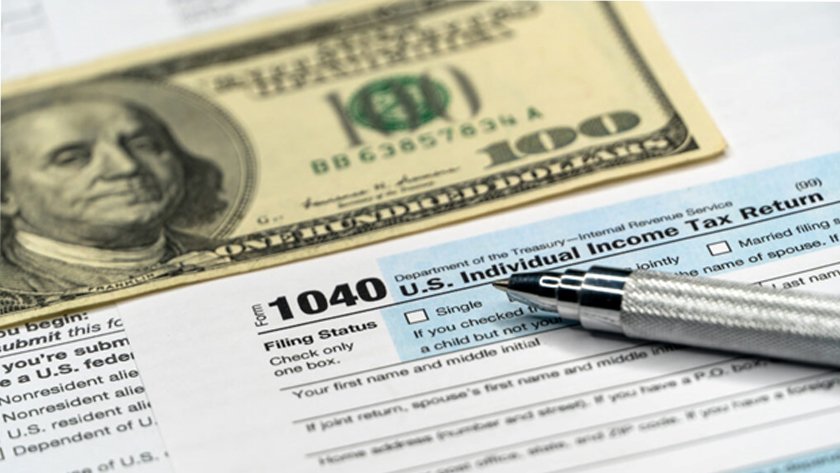Corporate tax planning can often feel like a complex puzzle, but mastering it brings significant rewards in reducing risk and liability. Just as dog pee pads provide a simple solution to a common pet care challenge, effective tax strategies offer businesses a clear path through the maze of financial regulations. These practices are not just about saving money; they’re about fostering a strong, compliant financial foundation. By prioritizing best practices in corporate tax planning, companies can avoid costly pitfalls and embrace opportunities for fiscal health and growth. This introduction to corporate tax planning best practices will guide you through key strategies and principles, turning the often daunting task of tax management into an achievable, beneficial aspect of your business operations. Let’s explore how these practices can safeguard and strengthen your company’s financial future.
Table of Contents
Introduction
Corporate tax planning is not just about reducing tax liability; it’s also about safeguarding your business from legal risks. When done correctly, it can help your company remain financially stable and competitive. Let’s delve into the intricacies of corporate tax planning and discover the best practices to achieve these goals.
Understanding Corporate Tax Planning
Corporate tax planning involves strategizing to minimize the taxes your business owes to the government while ensuring compliance with tax laws. It is not about evading taxes but rather optimizing your financial structure to legally pay the least amount of taxes required.
The Importance of Compliance
Before diving into best practices, it’s essential to emphasize the significance of tax compliance. Non-compliance can result in severe penalties, legal issues, and damage to your company’s reputation. To avoid these consequences, always stay up-to-date with tax regulations and seek professional advice when needed.
Corporate Tax Planning Best Practices
Choosing the Right Business Structure
One of the first steps in effective corporate tax planning is selecting the most suitable business structure. Depending on your industry, size, and goals, you may opt for a sole proprietorship, partnership, corporation, or limited liability company (LLC). Each has its tax implications, and choosing the right one can significantly impact your tax liability.
Maximizing Deductions
Identifying and maximizing deductions is a cornerstone of corporate tax planning. Keep meticulous records of all business-related expenses, including office supplies, employee salaries, and travel expenses. Deductions can substantially reduce your taxable income, ultimately lowering your tax liability.
Tax Credits and Incentives
Explore available tax credits and incentives that your business may qualify for. These can include research and development credits, energy efficiency incentives, and hiring credits. Leveraging these opportunities can lead to substantial tax savings.
International Tax Considerations
If your business operates internationally, it’s crucial to navigate the complexities of international tax laws. Transfer pricing, foreign tax credits, and the tax implications of repatriating foreign profits are just a few of the aspects that require careful planning. International tax experts can help you optimize your global tax strategy.
Regular Tax Audits
Perform regular tax audits to ensure your financial records are accurate and that you’re not overlooking potential deductions or credits. This proactive approach can prevent costly errors and minimize the risk of audits by tax authorities.
Building a Tax-Efficient Workforce
Your workforce plays a vital role in corporate tax planning. Ensure your employees are knowledgeable about tax-related matters and incentivize them to make decisions that align with your tax-saving strategies. Training your team can lead to more tax-efficient operations throughout your organization.
Conclusion
In conclusion, corporate tax planning is an essential component of managing a successful business. By following best practices such as choosing the right business structure, maximizing deductions, leveraging tax credits, addressing international tax considerations, and conducting regular tax audits, you can reduce your tax liability and minimize legal risks.
For expert guidance and assistance in corporate tax planning, contact Barron Income Tax. Our team of experienced tax professionals is dedicated to helping businesses like yours thrive in a tax-efficient manner while ensuring compliance with all tax regulations. Don’t let tax planning become a burden; let us help you navigate the complexities of corporate taxation.
Remember, effective corporate tax planning is not just about saving money; it’s about securing the financial stability and growth of your company. Contact Barron Income Tax today to get started on the path to a more tax-efficient and financially secure future.
At Barron Income tax services, we specialize in tailoring the right service for our clients. We understand every customer has Read more
When you first start filing your tax returns, one of the many questions that come into mind is; should I Read more
With rules changing on sudden notice and many businesses having to enforce limits & restrictions on their premises. It is Read more
If you are the one who engages in business outside his country or deals with overseas legal documents, you need a Read more
After months of negotiations the $1,400 stimulus check has been approved and ready to go! In this article, we will Read more
Are you tired of struggling with bookkeeping mistakes that can jeopardize your business? Look no further! Barron Income Tax has Read more
Tax season frequently emerges as one of the most anxiety-inducing periods in the lives of taxpayers. Meeting the stringent filing Read more
Are you a small business proprietor dreading the impending tax season? The prospect of delving into heaps of paperwork and Read more








